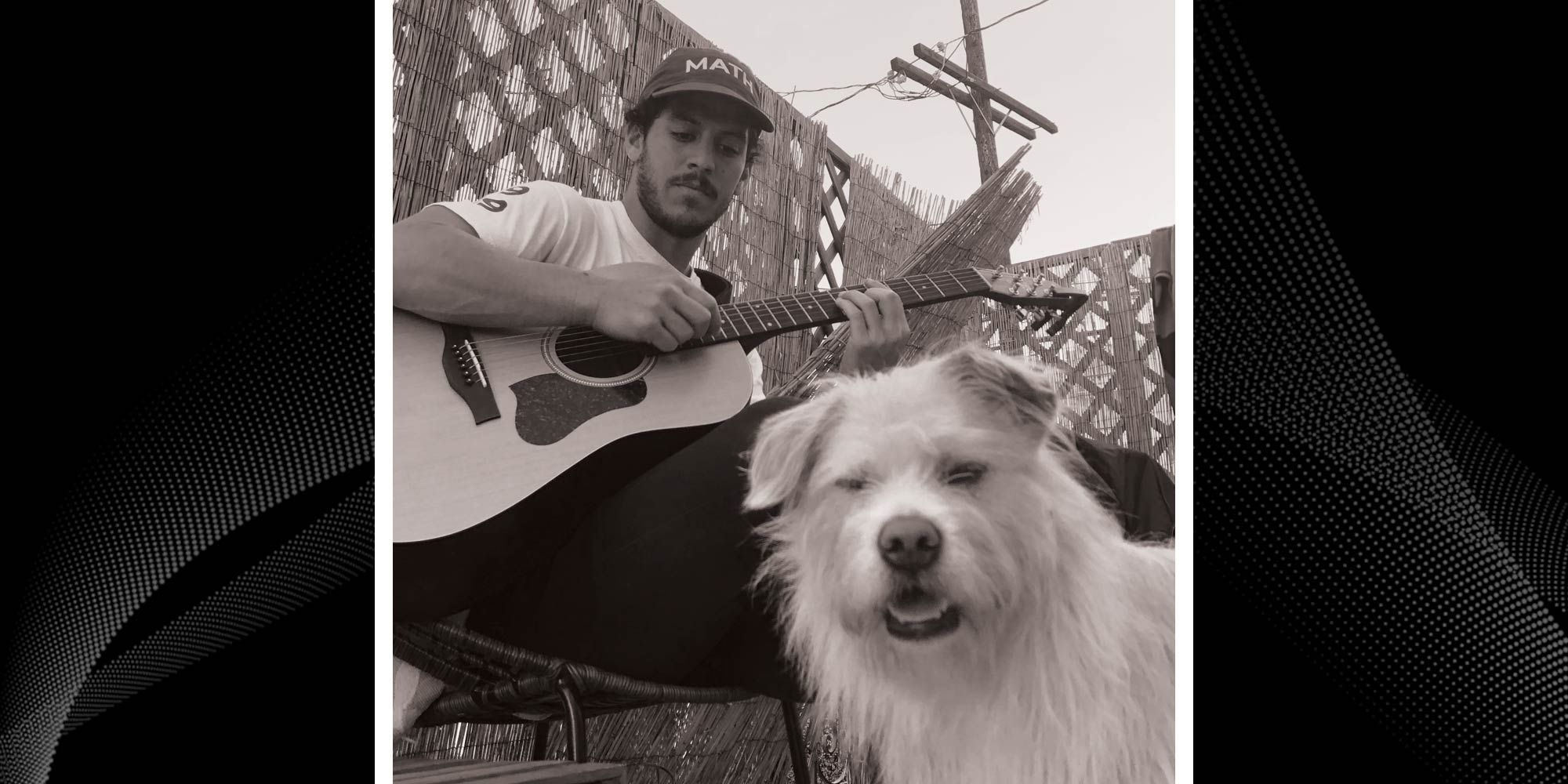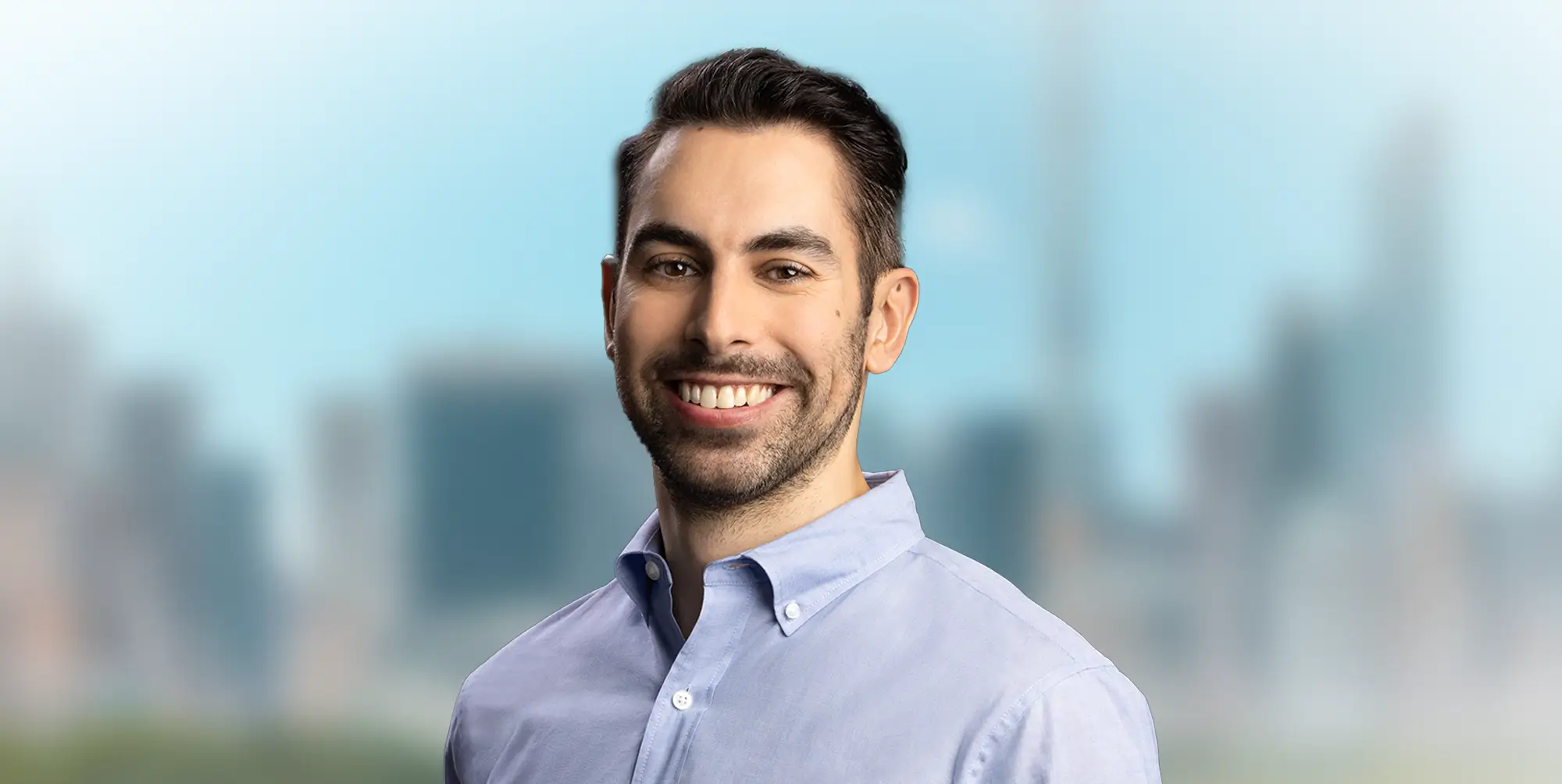The Transformation Series: Harrison Solomon

by Harrison Solomon, Senior Product Manager
I grew up in West Newton Massachusetts, where every Friday and Saturday evening, a small group of families would congregate at one of their houses. Kids would play in the yard while parents would reflect on the work week over food and drinks. My parents were the youngest amongst this group, and as the youngest child in my family, this meant I was the youngest amongst all of the children. I enjoyed all of the perks that came with having older friends. Like playing Rugby with one of the kids who was already off to college, staying up past my bedtime at a Red Sox game with an older family friend, and listening to explicit Blink 182 lyrics before I understood what teenage angst was. When I was 9, my family and I left this behind and moved to Santa Barbara, California.
Fast forward to my sophomore year of high school in 2009. Many of the friends who I grew up with in Massachusetts were graduating college and I remember hearing from my parents how difficult it was for my family friends to get jobs upon graduating, citing lack of work experience and the recession as key reasons for their struggle. My high school friends all seemed to have a good grasp on what they wanted to major in and the career they wanted to have. Crazy enough, a large portion of them actually followed through. For me, I didn’t have the slightest clue. And honestly, I wasn’t too worried because I had a plan: rather than figuring out what I wanted to do, I was going to figure out what I didn’t want to do.
I attended Northeastern University, because I loved the concept of their co-op program. I was able to have up to three 6-month internships over the course of 5 years, which would give me a sneak peak into possible career paths without going in head first.
After an unsuccessful first internship where I worked as a tax associate and my boss telling me during my exit interview that I had “a lot of maturing to do,” I decided to intern as an actuary pricing life insurance. My job, day in and day out, was to manage the pricing model that every insurance quote went through. It was an excel spreadsheet with over 50 tabs and 100 pages of custom VBA code. We didn’t discover many bugs in the model over my 6-months, which resulted in me having a ton of downtime. One of the managers saw me twiddling my thumbs during the day and gave me a task. He asked if I could attempt to simplify the model.
This was a huge turning point in my life. Sure, this task taught me all there is to know about coding and automation, but at a more macro level, it made me question the way problems were solved in a work setting. Growing up I have always questioned actions I have made in my personal life, but when it came to work, I never thought there was wiggle room. I always thought: there is one way to teach math, one way to wait tables, one way to calculate life insurance prices. Now, for the first time in my life, I was questioning the way that people worked. What decisions were made which led to the 50 tabbed, 100 paged, life pricing calculator behemoth? And why are my co-workers prioritizing other tasks instead of simplifying this model?
This forced me to change my major. Instead of Business, I would do a dual degree in Economics and Math. Economics is the study of decision making, which aligned well with my new interests coming out of my second internship. This new curiosity of mine led me to Wall Street for my third and final internship, to study one of the largest and most complex decision making engines ever created: the stock market. I worked on the trading floor; specifically in the equity research department building statistical models that helped quantify future growth potential of stocks.
The work was similar to the actuary job in the sense that I was asked to maintain some work process, without attempting to make it better. From my success at the previous internship, I attempted to automate this process with one other intern, and I am happy to say that our work is still used by the company to this day.
While all three internships were beneficial, I didn’t pursue a career in any of them. I chose ad tech instead because it contained my passion for decision making and consumer behavior, while not following corporate work norms like wearing suits, shaving your face, and working the same hours as your coworkers. I chose product management, because it aligned with my new mind set of questioning all work processes. I felt like I had hit the jackpot on career opportunities, I would inherit some process, optimize it until it required no more maintenance, and onto the next. Then I found VideoAmp, which took optimization to the next level.
What VideoAmp emphasizes are validated learnings. When you build a new feature, how quickly can you get an understanding of its impact on the end user? This has been a new concept for me to master throughout my time here. As a Product Manager, you put a lot of effort into getting features to a working state. The hard part is, implementation alone does not lead to validated learnings.
At my previous job and during the first year at VideoAmp, I was still heavily involved in implementation details; not spending enough time on understanding the impact of the features we develop. Not only does this approach cause you to spend more time “in the weeds” with engineers and less time with customers, it also impacts engineering’s ability to capture the full scope of problems in order to develop services that scale. I have learned that one of the greatest strengths of a product manager is their ability to accurately define and redefine customer problems. Engineers rely on you to live in the problem space, because they want to make sure that what they build actually gets used by the customer. And the more usage we get, the stronger our feedback loop is.
Who would have thought that the key to getting validated learnings was for me to spend less time on development. My urge to focus on implementation isn’t completely lost though. My fellow engineers let me review and provide feedback on their architecture proposals and I still love to code in my free time. Watch out for me during our next hackathon.
